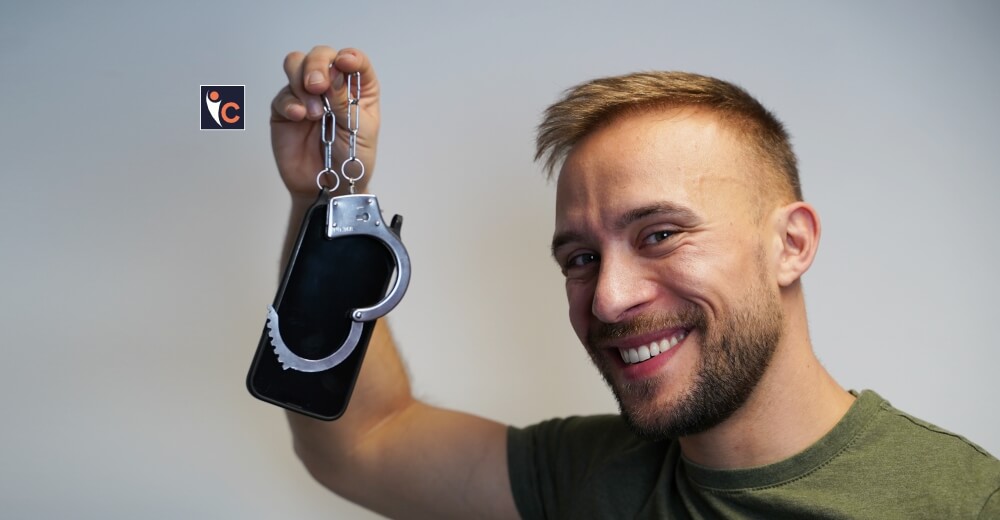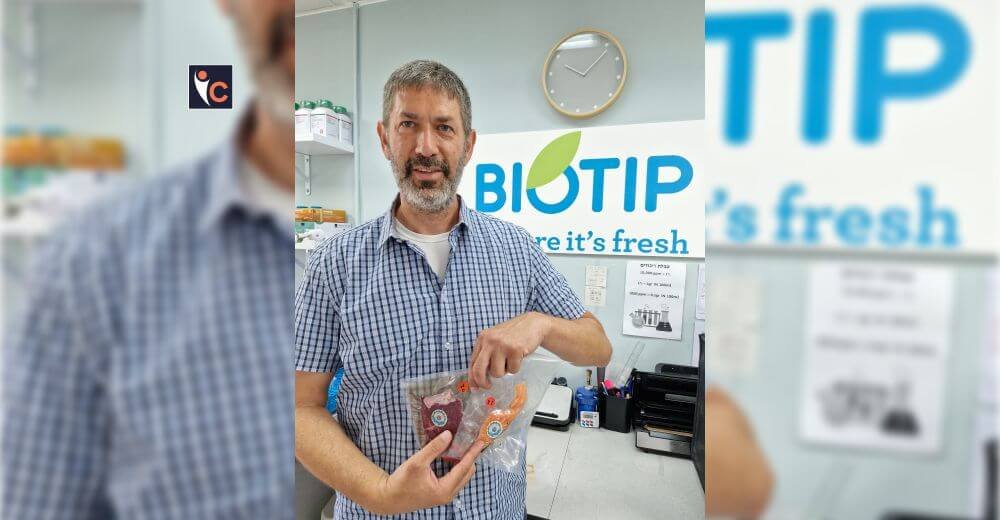The emergence of technology and digital gadgets has completely changed how we work, communicate, and pass our free time. Smartphones, laptops and tablets are a common fixture in our everyday lives and provide a plethora of advantages, from boosted productivity to easy access to a richness of knowledge. As with any effective tool, there are drawbacks as well, particularly in terms of focus, distraction and phone addiction.
I have personally witnessed the effects that technology can have on people’s health and well-being as a business owner in the healthcare industry. According to studies, excessive phone use and screen time can cause a variety of problems, such as bad posture, sleep disruptions, eye strain and even mental health problems like anxiety and melancholy. Additionally, it can be a major source of distraction and can make it difficult to focus on important tasks.
Our phones are made to be addictive, which is one of the main causes of this. All digital services, including social media, email, messaging programs and others, are designed to draw our interest and hold it for as long as possible. This might result in a vicious cycle of continual diversion and task switching, which can be harmful to our capacity for focus and productivity.
To better control their phone use and increase their ability to concentrate, many people are turning to digital well-being and anti-distraction apps. These solutions exist in a variety of formats, from browser extensions that block distracting websites during working hours to smartphone apps that measure and regulate screen time. They are not a be-all and end-all solution, but can be looked as powerful tools to help people change their habits and develop a healthier relationship with technology.
Patients in the medical field who are battling addiction, anxiety, or other mental health conditions linked to technology use may find these tools to be especially helpful. Healthcare professionals may assist patients in taking charge of their mental and physical health and improving their quality of life by educating them how to manage their phone use and develop healthier digital habits.
The fact that digital well-being solutions are not a panacea must be understood. Despite their potential value, they are only a small component of a more comprehensive strategy for enhancing health and wellness. For instance, it’s crucial to emphasize self-care activities like an exercise in addition to using these technologies.
In conclusion, while the development of technology has improved our lives greatly, it has also posed new distraction, attention and addiction issues. It is our duty as professionals in the healthcare industry to assist patients in overcoming these obstacles and forming better technology usage habits. We can assist people in taking charge of their digital life, which will enhance their general health and well-being, by including digital well-being and anti-distraction technologies into our method.
ABOUT THE AUTHOR:
Ondrej Zak is a passionate business leader and startup founder with a background in digital transformation consulting. After a five-year career in this field where he helped global companies change their business models and create new digital products, he founded Zario, a software company designing a revolutionary app called Zario. Using gamification, psychology and Artificial Intelligence, Zario is designed to help users tackle their phone addiction and replace their unhealthy habits by creating a personalized journey of exciting, fun, interactive challenges backed by scientific research. Zario aims to help people by offering them a tool that helps them live more balanced and fulfilling lives.
Ondrej is passionate about mental health, digital well-being and using technology as an enabler for humankind to reach its full potential. He hopes to help people live a more balanced life, free of unnecessary distractions.










